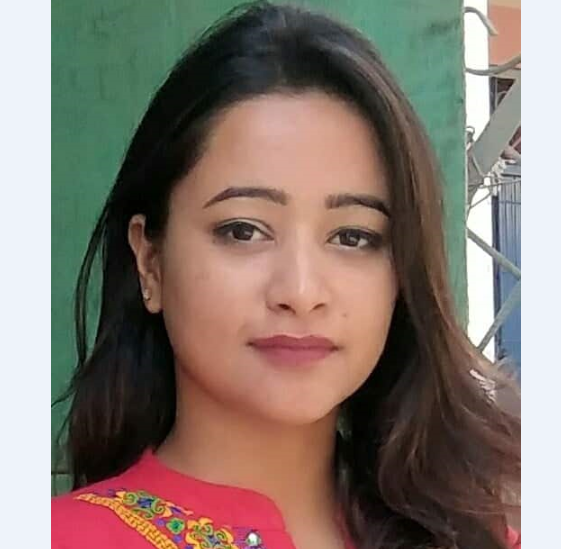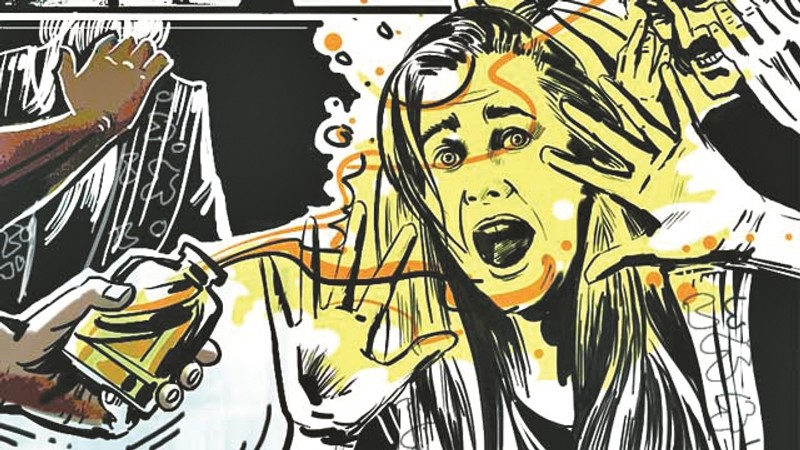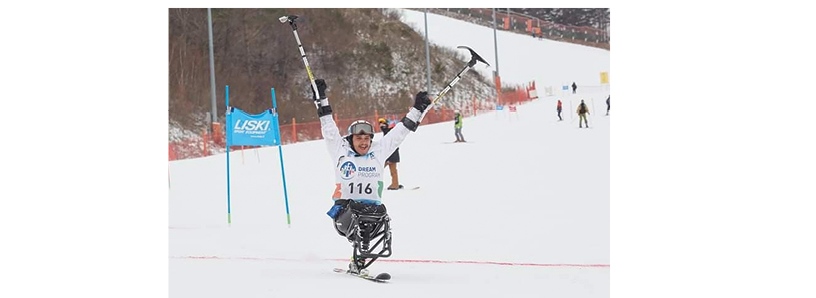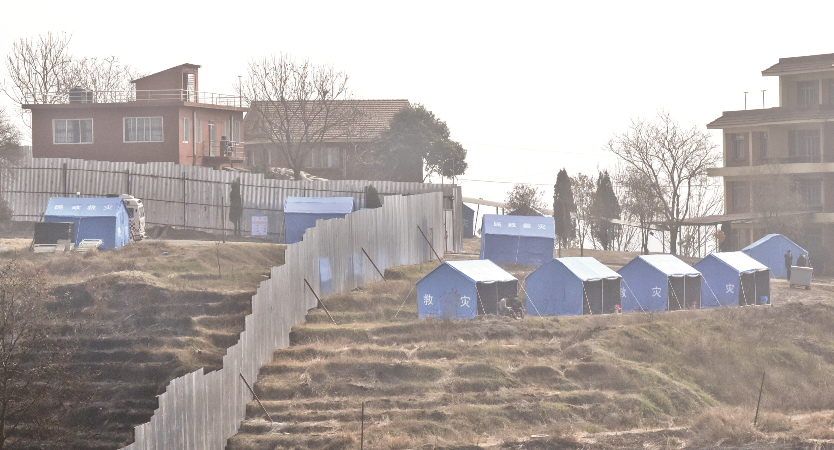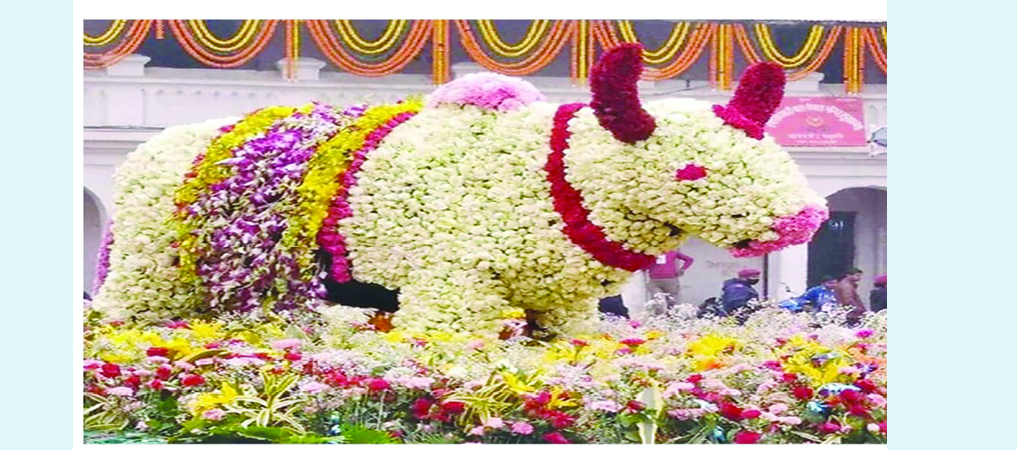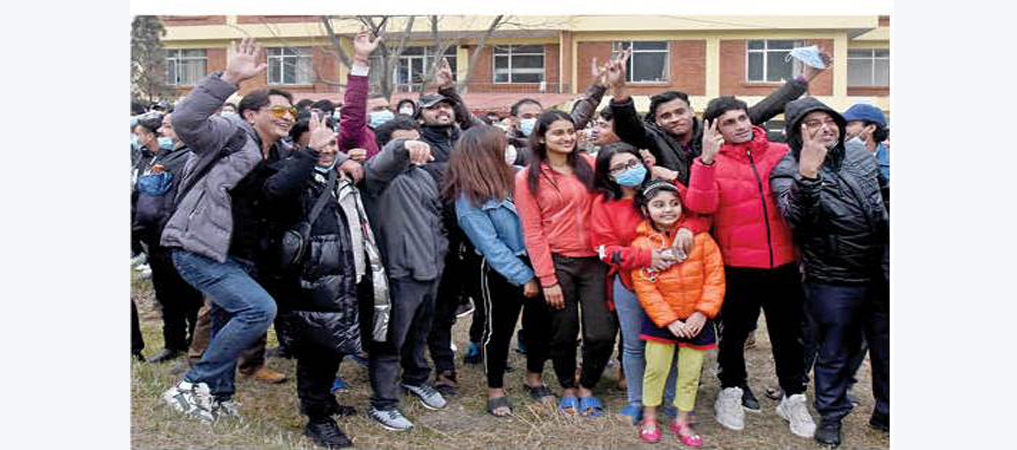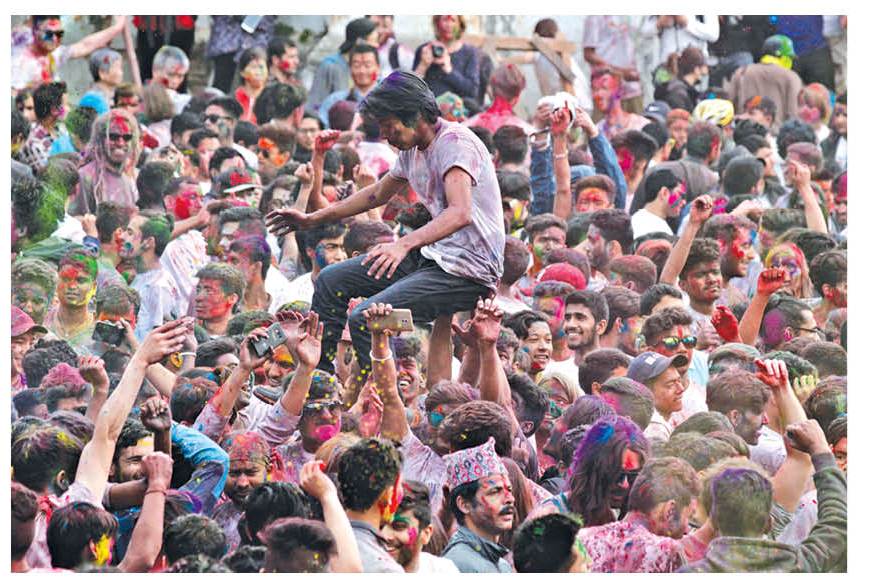Role of youth vital in COVID-19 response

By Sampada Anuranjanee Khatiwada
Kathmandu, June 27: On March 11, the World Health Organisation (WHO) declared COVID-19 a pandemic. Over 100 days later, the virus is still hovering around us, putting our lives at risk. While the international organisations and the governments have been striving to limit the virus fallout and wipe it out globally, their approaches to prevent and control the pandemic is incomplete without help from all individuals.
Every individual, especially the youth, plays an important role in helping the government in protecting public health during the time of crisis. Being an active and educated member of the society, youths must do as much as they can from their end to facilitate the government's approach in virus prevention.
The 100s group, for an instance, has been providing food and basic supplies to the daily wage earners, whose income sources have been dried up by the nationwide lockdown imposed to control the spread of COVID-19. Without funding from any organisation, the members of the 100s group gather everyday to feed those who have been starving due to the pandemic.
"It has been 92 days since we have been feeding differently-abled people and daily wage earners who have not been able to manage two meals a day on their own in various places around Kathmandu," said Asharam Yadav, founder of the 100s Group from New Baneshwor. "Currently, we have been serving packed foods to the needy ones at Ratna Park, Thapathali and Baneshwor."
Yadav said that 15-20 people were volunteering to provide meals. "We are connected to around 4,500 youths nationwide who are willing to coordinate with us. But due to the lockdown, we are not being able to connect to all of them."
He added that all the basic supplies such as gas, food and medical services if needed were being provided to the daily wage earners by the 100s Group via donations received from the volunteers themselves.
"All the safety measures are followed while we do our work. We have also been spreading awareness about the safety guidelines prescribed by the government wherever we go," Yadav added.
"We, as educated groups of the nation, owe some duty to the society, especially during crisis," said Yadav. "Be it by following the rules introduced by the government or by working in the field to help the poor, we must fulfill our duties as much as we can."
Like Yadav, many youths in the community level are providing aid to those who have been affected by the pandemic. "We have been helping the local government in providing relief and implementing the government's decisions," said Barsha Rana of Tokha Municipality-8.
"We generate awareness in public about the do's and don’ts amid pandemic, we help people reach the hospital in case of emergencies and we have been providing one meal a day to those in starvation due to the lockdown," said Rana.
Rana said that they weren’t affiliated to any organisation. "We own a shared responsibility to protect the public health. Rather than sitting back at home and judging on the efforts put by the government, organisations and individuals to curb COVID-19, we should realise our responsibility and work to help those who are in need."
"Being educated, energetic, active group with high immunity system, youths must come forward and help in rescue, relief and rehabilitation of all those who have been affected by the COVID-19 crisis," said Dr. Rabindra Pandey, a public health specialist.
Thus, the youth must act from their ends in spreading awareness about COVID-19 preventive measures, help the local levels in sealing off the areas where COVID-19 patient have been identified, watchdog the government's activities, distribute essentials such as masks, sanitisers and so forth in communities, feed the hungry, prevent crowding and the likes, added Dr. Pandey.
Moreover, the United Nations Secretary General Envoy to the Youth has also prescribed five ways for youth to be a part of global COVID-19 response, which are, following WHO guidelines, educating families, friends and communities, volunteering, donating and holding the government accountable.
Recent News

Do not make expressions casting dout on election: EC
14 Apr, 2022
CM Bhatta says may New Year 2079 BS inspire positive thinking
14 Apr, 2022
Three new cases, 44 recoveries in 24 hours
14 Apr, 2022
689 climbers of 84 teams so far acquire permits for climbing various peaks this spring season
14 Apr, 2022
How the rising cost of living crisis is impacting Nepal
14 Apr, 2022
US military confirms an interstellar meteor collided with Earth
14 Apr, 2022
Valneva Covid vaccine approved for use in UK
14 Apr, 2022
Chair Prachanda highlights need of unity among Maoist, Communist forces
14 Apr, 2022
Ranbir Kapoor and Alia Bhatt: Bollywood toasts star couple on wedding
14 Apr, 2022
President Bhandari confers decorations (Photo Feature)
14 Apr, 2022
